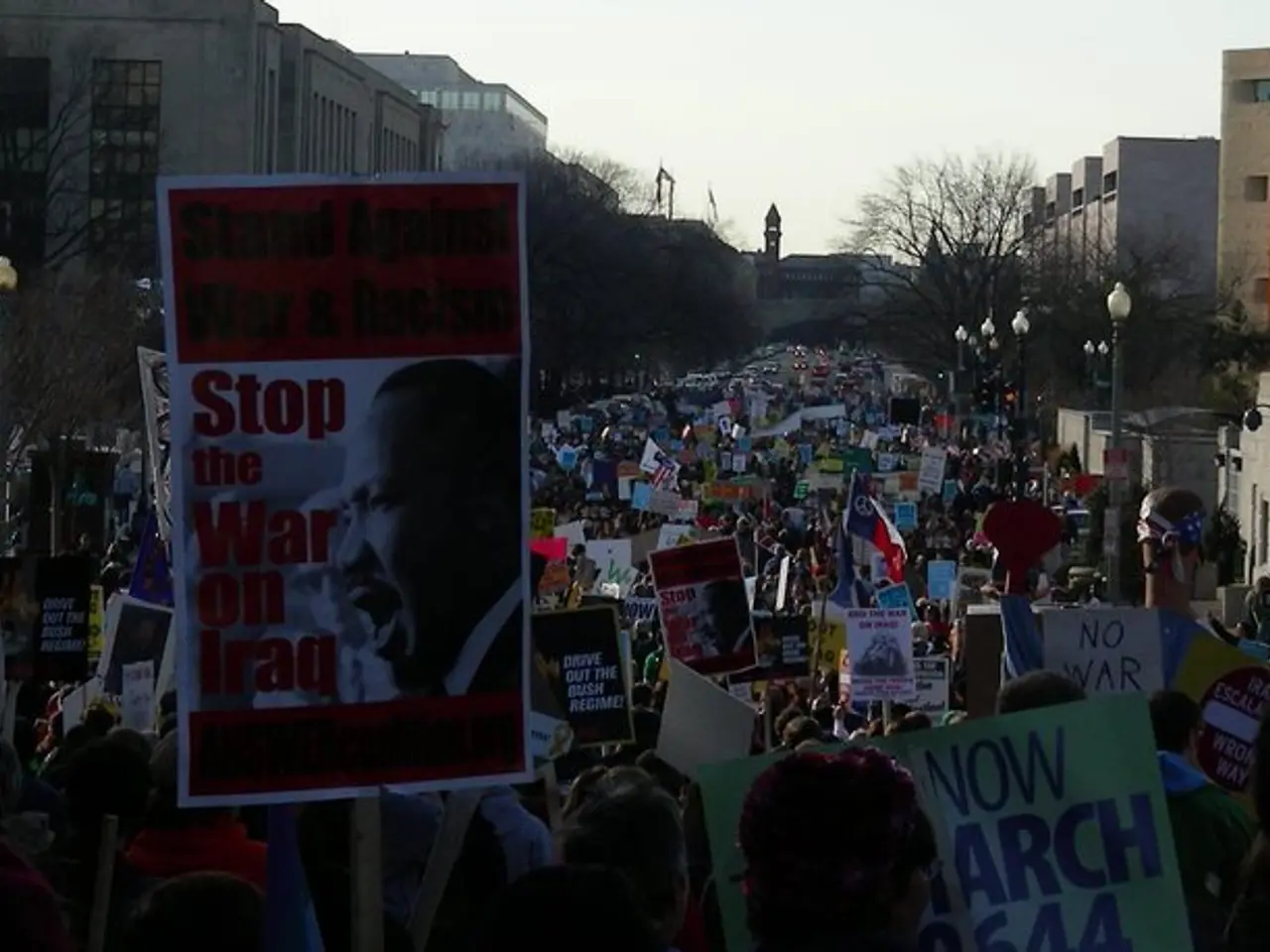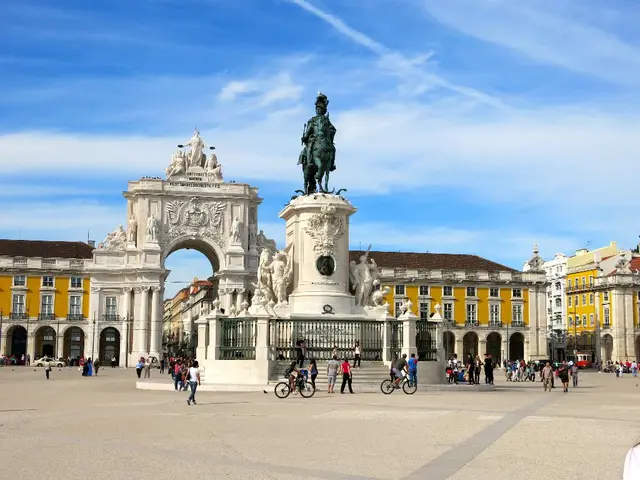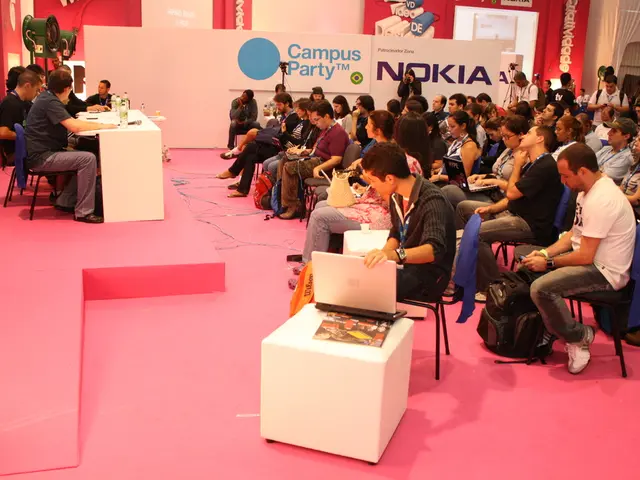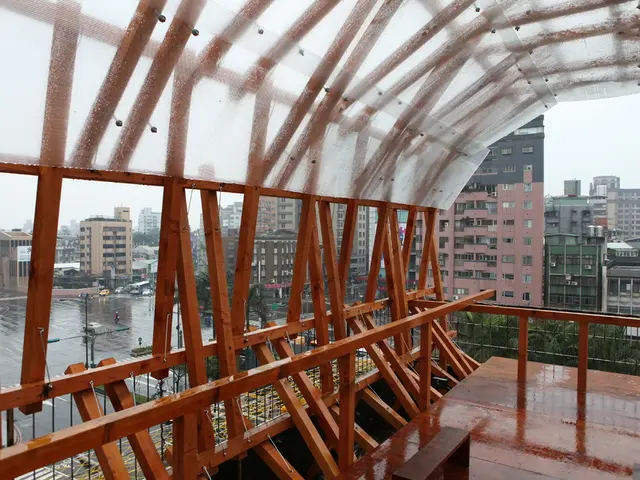Catholic Venezuelans experience opposition pushback due to their public criticism of the government.
In the heart of South America, Venezuela has been grappling with a multitude of challenges over the past few years. From political unrest to economic hardships, the country has been in the spotlight for all the wrong reasons. Here's a closer look at some of the key events that have unfolded, and the role the Catholic Church has played in these turbulent times.
Last week of January saw a shocking incident when gun-toting robbers attacked a Trappist monastery in the state of Merida. This was just one of many incidents that have been plaguing the country, where violence has spiked under President Maduro's regime, making it one of the world's highest murder rates.
The political landscape of Venezuela has been marred by controversy as well. In February 2017, Catholic churches and clergy in the country faced protests from pro-government supporters. These protests were not limited to the capital, Caracas, but spread around the country, including at the Caracas cathedral and the home of the Archbishop Antonio Lopez.
The postponement of regional elections, originally scheduled for late 2016, has been a contentious issue. Critics, including opposition groups and the European Union, argue that the government, dominated by President Maduro, uses procedural delays and additional requirements to obstruct opposition efforts and maintain power.
The government, however, claims that the delays were necessary to allow time for the reorganization of political organizations. The regional elections, which were delayed, are now set to take place later this year.
The Catholic Church has been vocal in its criticism of the government's actions. The former president of the Venezuelan Episcopal Conference, Bishop Ovidio Pérez Morales, has spoken out against the government's human rights abuses. The current Archbishop of Caracas, Cardinal Jorge Urosa Savino, has also been a critic, expressing his displeasure with the government's approach to political processes.
The Cardinal, in a Feb. 7 interview, declared that "It's already a dictatorship." He also criticised the suspension of regional elections. The Venezuelan Bishops have also joined in these criticisms, expressing their concern over the government's actions.
The Church has attempted to facilitate talks between the Maduro government and the opposition coalition, but these talks have collapsed due to tensions and accusations from both sides. Despite this, the Archbishop Diego Padron, head of the Venezuelan Episcopal Conference, maintains that these incidents are not isolated events.
The economic situation in Venezuela is equally dire. The country is experiencing severe shortages of basic necessities like medicines, milk, flour, toilet paper, and other essentials. These shortages can be traced back to policies enacted by Hugo Chavez in 2003 that control the price of nearly 160 products.
Incidents of protests have been frequent, with one occurring on Jan 29 at San Pedro Claver Church in Caracas, where protesters interrupted a Mass and hurled insults at the clergy. The protesters used chants like "Chavez lives!" in honour of the late president Hugo Chavez.
Police have also disrupted Mass in the city of Maracaibo, although the exact date remains unspecified. Despite these challenges, the Church continues to stand firm, advocating for democracy, respect for the people, and the upholding of the constitution. As the situation in Venezuela continues to evolve, the role of the Catholic Church remains crucial in advocating for peace, justice, and democracy.
Read also:
- United States tariffs pose a threat to India, necessitating the recruitment of adept negotiators or strategists, similar to those who had influenced Trump's decisions.
- Weekly happenings in the German Federal Parliament (Bundestag)
- Southwest region's most popular posts, accompanied by an inquiry:
- Discussion between Putin and Trump in Alaska could potentially overshadow Ukraine's concerns








